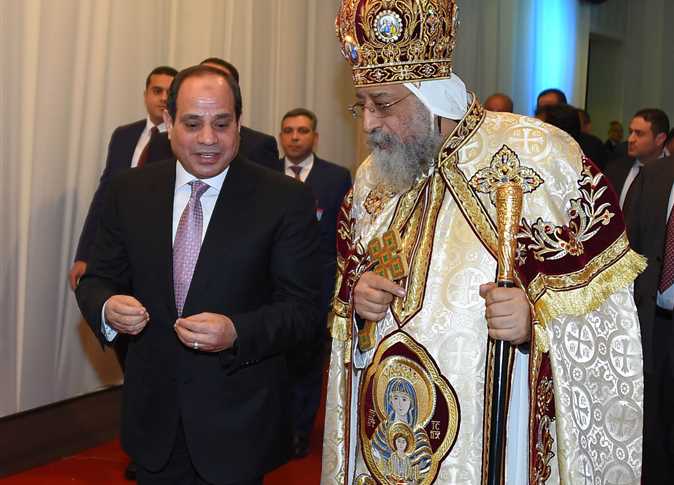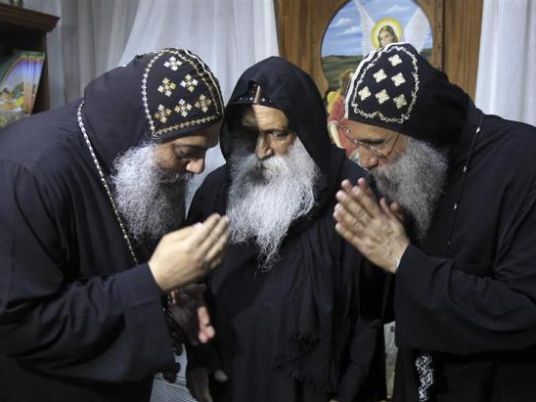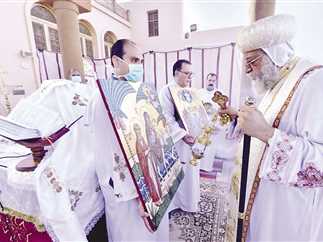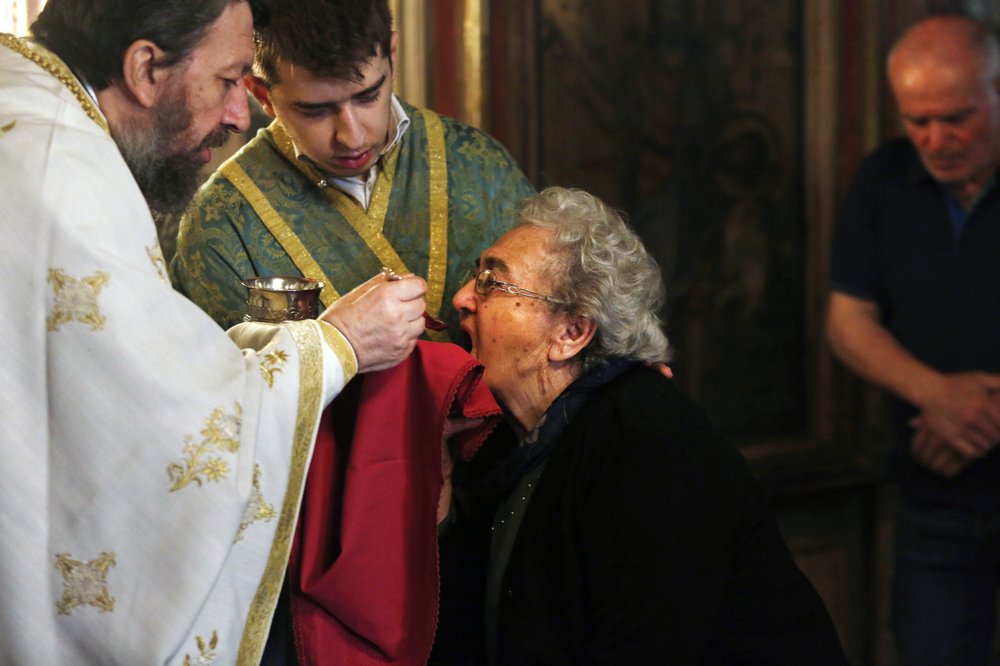Recent tensions between Muslims and Christians in Egypt, following Coptic priest Father Bishoy's comments questioning the authenticity of certain Quranic verses, makes me wonder why the media covered the conference where the statements were delivered in the first place.
Dubbed "Securing the Orthodox Faith," the conference featured discussions about the Orthodox conception of the Trinity and a number of other theological issues. During a speech, Bishoy suggested that certain verses in the Quran were not revealed to the Prophet Mohammad but rather inserted after his death under the Caliph Uthman. He called for a thorough study of the verses in question, contending that “dialogue and clarification makes one delve into the mind and abolish those verses that label us (Christians) infidels.”
I do not understand why a religious entity would feed simplistic news coverage that turns doctrinal matters into headline stories, like sports or crime. And why would newspapers, that are not specialized in religion, cover debates over religious texts and creed that have little bearing on how millions of people identify with and practice their respective faiths?
This is not a defense of Father Bishoy, secretary of the Coptic Church's Holy Synod, and the man described as second-in-command at the Egyptian Orthodox Church. Bishoy represents a fanatic trend within the Egyptian Coptic community. He is no different than those who openly call for a non-Egyptian Muslim to rule the country over an Egyptian Christian.
Bishoy should have remained within the boundaries set by the title of the conference and the event should have only been covered by magazines devoted to Christian affairs. Giving this conference undue attention, as if it were a Middle East peace summit, is partly what incited friction between Muslims and Christians.
There are significant doctrinal differences between Islam and Christianity, despite much they share in common. But it is wrong for a priest or sheikh to overlook these commonalities and search only for what divides the two religions. Even more dangerous is when religious differences become a media tool to draw public attention to sensitive doctrinal issues. The result is that ordinary people are encouraged to dabble in matters which should be left to religious authorities, a spark that can set off a raging fire.
In a context where Muslim-Christian relations are becoming increasingly strained, theological conferences can become catalysts for sectarian tensions. By allowing media to attend the conference, the Church most certainly knew the repercussions of its actions and of Bishoy's statements.
Translated from the Arabic Edition.




